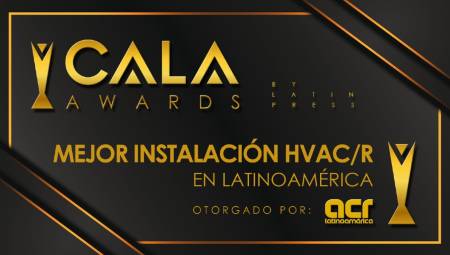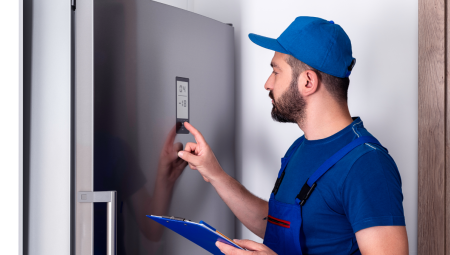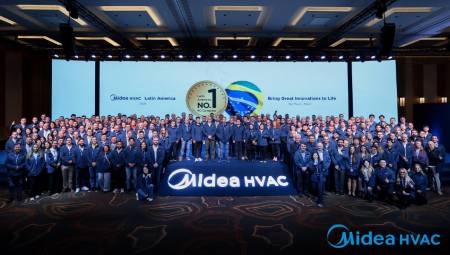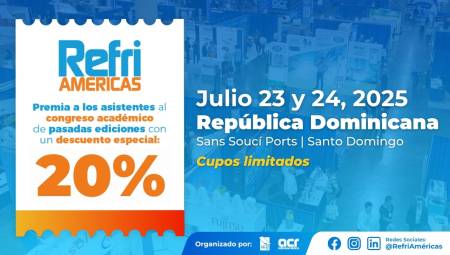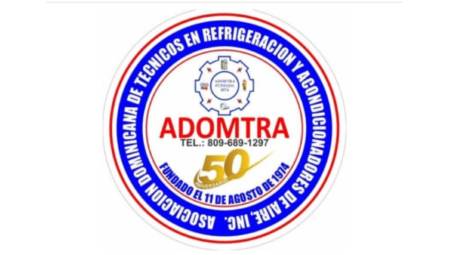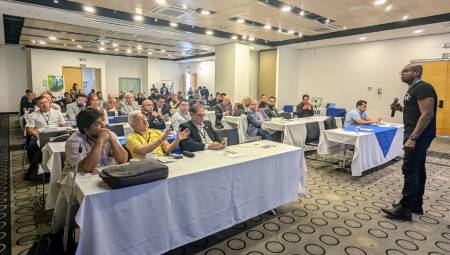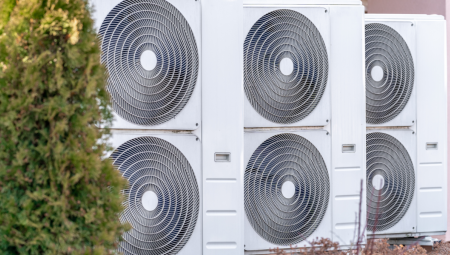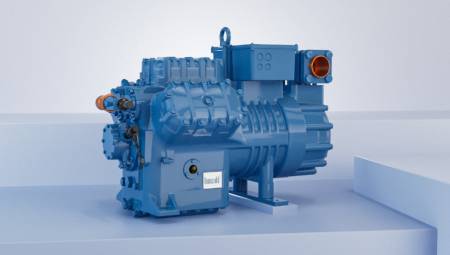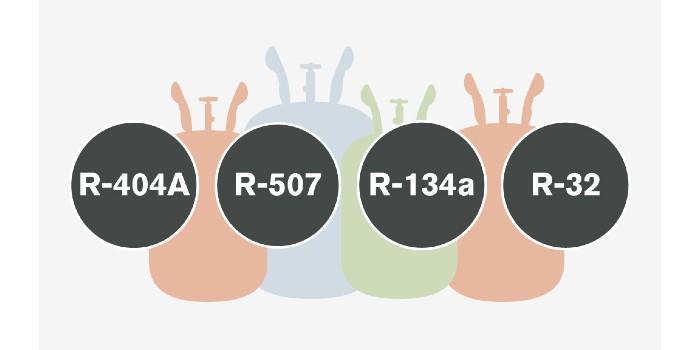 International. The International Refrigeration Institute (IIR) has responded to the European Commission's consultation "Fluorinated greenhouse gases: revision of EU rules (2015-20)", which aims to gather views and suggestions on updating the Fluorinated Gases Regulation (EU) No 517/2014.
International. The International Refrigeration Institute (IIR) has responded to the European Commission's consultation "Fluorinated greenhouse gases: revision of EU rules (2015-20)", which aims to gather views and suggestions on updating the Fluorinated Gases Regulation (EU) No 517/2014.
The International Refrigeration Institute (IIR) has consulted its Science and Technology Council and all members of its Commission in the various IIR member countries who are experts in the fields of refrigerants, including their use in all applications: refrigeration and cold chain, air conditioning, heat pumps, cryogenics...
All consider the regulation of fluorinated gases to be a great success and that the quota reduction programme and refrigerant bans must continue to be implemented as previously decided, until 2030. This should not be slowed down, as it seems possible to continue the phase-out of HFCs as scheduled, nor faster, since, in addition to issues related to illegal trade, priority must now be given to the energy efficiency of entire equipment and systems, such as buildings or vehicles.
"Without a doubt, faster progressive reduction would lead to lower energy efficiency solutions. In addition, clear and stable regulations are needed to give confidence and enable intelligent investment planning. The refrigeration sector accounts for approximately 20 per cent of global electricity consumption and this proportion is steadily increasing (see IIR, IEA and UNEP publications). Indirect CO2 emissions due to electricity consumption are twice as high as the direct impact of refrigerants," says the IIR.
However, in any case, it is necessary to decide now the quotas for the period 2030-2036, since the European Union will respect the Kigali Amendment to the Montreal Protocol: the target is an 85% reduction in CO2 eq emissions by 2036 and the target for fluorinated gases is only 79% in 2030. Such a reduction would not be a problem, but the sooner it is decided, the better.
Currently, some sectors are not affected by the regulation of fluorinated gases. The IIR is preparing an Information Note on cooling below -50°C. It will explain how we could implement a phase-down in these sectors.
"Actions must be taken at the European level on energy consumption, considering the Total Equivalent Warming Impact (TEWI). Coordination with EU energy actions, such as the Ecodesign Directive, is essential. Priority should be given to air conditioning and heat pumps, where the implementation of energy efficiency labelling should be pursued and the ban on inefficient equipment should be planned," the IRR adds.
The institute further estimates that other actions should be taken during the period 2020-2030. The use of natural refrigerants should be encouraged and facilitated by the harmonisation of national laws, including safety standards (e.g. ammonia) and by the harmonised implementation of the new rules on hydrocarbons and other flammable and mildly flammable low GWP refrigerants. A review of current and future regulations and their practical application in all EU member countries with regard to flammable and toxic refrigerants should be carried out. A rapid implementation of new standards across Europe would help phase out current HFCs.
In addition, training on low GWP refrigerants should be better promoted or, better yet, made mandatory. IIR has participated in the EU-funded project REAL Alternatives for LIFE: there are tools for such training. Research and development in all refrigeration uses must continue more than ever to reduce TEWI from a growing number of applications. At the same time, the control and certification of facilities must be strengthened to reduce leakage.



